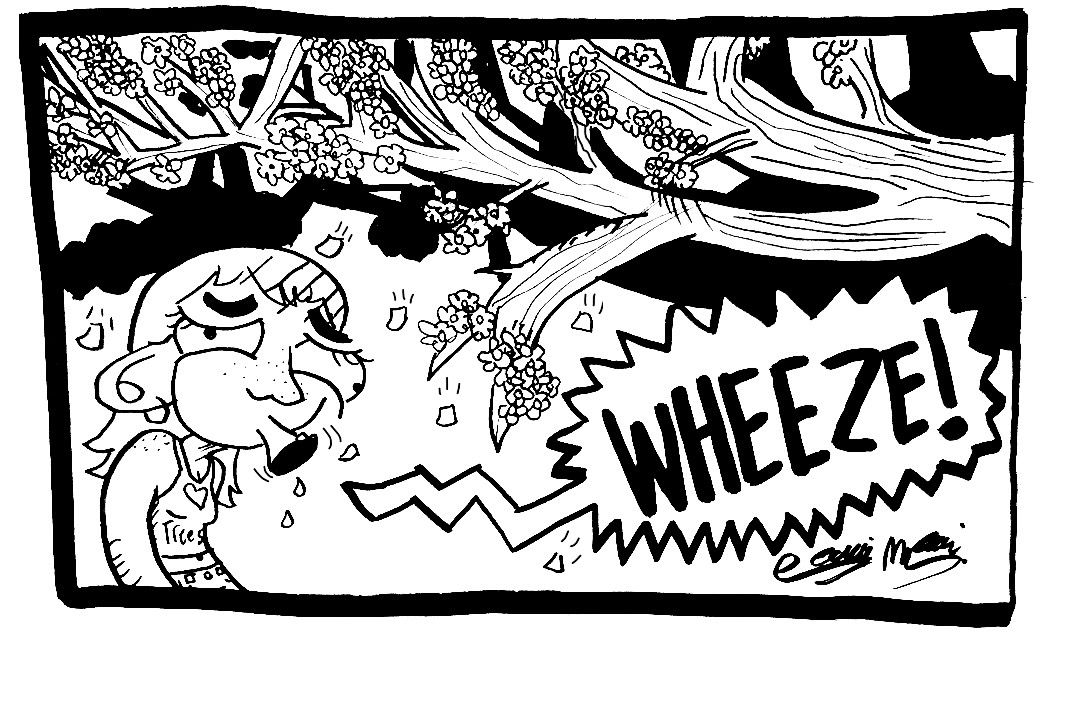Someone once made the joke to me that no one our age can ever be president, because we all have some mistake documented on Facebook.
A recent New York Times article reported that 30 percent of all employers check Facebook as a screening mechanism. But it’s not just future employers you should be concerned about seeing your “personal” information – it’s people you meet at the bar, strangers across the globe and your grandmother.
I came to this realization when I received a text message from LadyButterfly###, who said “hiya” via Yahoo! After logging into the Yahoo! account I never use, I saw that it listed my cell phone number. Our generation has literally grown up with the Internet and, despite its advantages, it is a scary place through which we need to proceed with caution.
And so I sought to renovate my Internet footprint.
Another New York Times article by the same author was published in January in response to Facebook revamping their privacy settings at the end of 2009. The article, “The 3 Facebook Settings Every User Should Check Now,” makes the complicated settings easier to understand – even for the savvy college student. The most important and least obvious of its tips is to check the privacy settings for applications, which can collect information about you and your friends. In response, the American Civil Liberties Union created their own Facebook quiz to highlight the scary news. The ACLU quiz demonstrates various applications’ access to your personal information, such as events you plan on attending.
It is necessary to stay on top of these seemingly unimportant accounts we all have. Another good step is to log into your old e-mail accounts to see if any settings have changed. Often, these Web sites have information about you from years ago that may be universally accessible, as was the case for me. If you no longer use the Web site, simply delete the account. Googling yourself at least once a month is another way to stay on top of the Web sites to which your name may be attached.
Because we are the first generation of Internet users, the concept of “forever” is still hard to grapple with. Our embarrassing photos do not become water-damaged and lost in someone’s basement – they are immortalized online. As users of the Internet, we should constantly remember this. We also need to take responsibility for our actions. One moment’s decision can quickly become forever. Do the benefits of putting pictures of your spring break trip on Facebook outweigh the possible consequences? This is a question every student should be asking.
Unfortunately, simply untagging a photo does not get you off scot-free either. Face.com’s “Photo Finder” for Facebook uses face-recognition software to find every photo you are in. If there’s an embarrassing photo of you on Facebook, kindly ask the owner to take it down, and even delete it from his or her computer.
Believe me, I’m sincerely hoping that naughty Facebook pictures will become inconsequential to our generation and no one will care in five years. But this is not a stupid decision we can keep hidden. It’s one that is publicized online. Just hoping our digital and analog worlds never collide will not suffice, and it is worth taking the right steps now to avoid future embarrassment.
The writer is a junior majoring in political communication.
Readers can visit the Forum to comment on this column.




